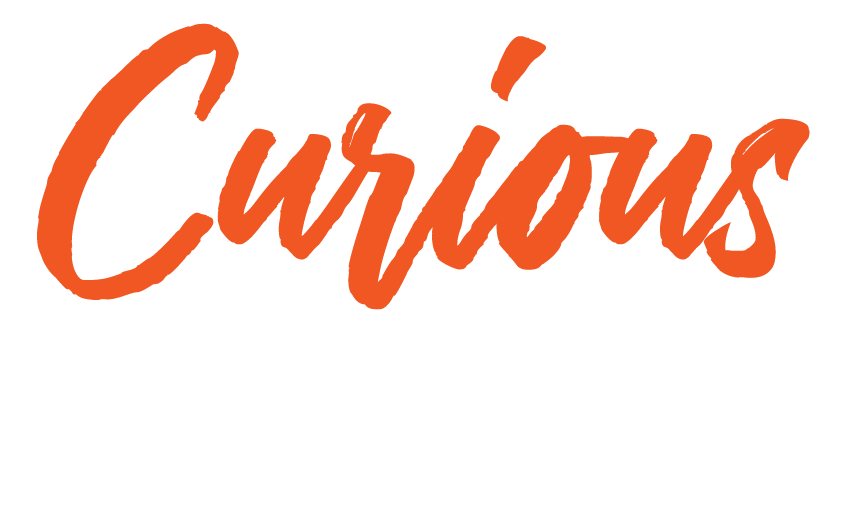Staying Strong, Staying Steadfast, Together
What can leaders learn in these troubled times from the Maori phrase ” Kia Kaha”, meaning “Stay Strong. Stay Steadfast”
I planned to write this post a few weeks ago. Since then the appalling death of George Floyd brought home to me that the meaning of “Kia Kaha” rings truer than ever.
In early March, I spoke with a friend who was working in Sydney. His first month in a new job there had surpassed all expectations. There was huge interest in his company’s products and fantastic prospects for an excellent first year in his new job. But Covid19 contagion was accelerating globally. He felt conflicted. He is in the “at risk” category. Determined to succeed, but facing a “lock down” in Australia where his network is limited to a small group of new colleagues. My friend faced a dilemma. Press on with the job, stay in Sydney, risk catching the virus, putting his life in danger with his family over a thousand miles away.
Seeing the Light
I encouraged him to be curious. To stand back and explore all that was happening around him. Then to look in and ask himself. What did he fear? What were his hopes? What resources could he on draw on from within and from others?
He started to see things more clearly. Not much business would be done face-to-face for a while so there was no point in staying put. He put together a plan. He could move back to Wellington where he could work remotely. He needed to move fast because his Prime Minister wasn’t prevaricating either. My friend is a citizen of New Zealand whose government acted promptly and decisively in response to the pandemic threat. Planes to Wellington were getting scarce.
My friend ended our call with the phrase
Kia Kaha
Next day, he secured a place on the penultimate flight to land there before it closed to new arrivals. Now at the start of second week of June, Jacinda Ardern has declared the country free of Covid19 as the lockdown is lifted and my friend starts travelling again.
So what did he mean when he ended our conversation in early March with the words
“That’s it. We will make this work. Kia Kaha.”
What did it mean? Why did he say it with such force?
I discovered it’s a Maori phrase which New Zealanders are very familiar with. It’s an affirmation, meaning:
“Stay Strong. Be Steadfast”
It was heard a great deal at the time of the Christchurch earthquake and more recently after the Christchurch mosque shootings.
A phrase like “Stay Strong”, can become a cliché. Yet the way my friend expressed it conveyed much more than those two words. At the end of what had been an emotional conversation, hearing him speak those words was inspiring. He was digging deep within, speaking with conviction.
So I got curious and explored the meaning some more. I learned that in the Maori language the word “Kia” means “achieve” and “Kaha” is derived from the Polynesian word ” Kafa” meaning a strong rope , made from coconut fibres used for binding canoes and buildings together.
What an apt affirmation for a community in these challenging times.
” Stay strong to hold people together to achieve a common purpose” Jacinda Ardern, New Zealand Prime Minister
That’s exactly what New Zealand’s Prime Minister has done so well.
New Zealand has arguably been the most effective nation in stopping local transmission of Covid19 and now has a plan to eliminate the virus from its territory.
New Zealand has had many advantages in tackling the crisis. It’s an island. It’s remote and has a relatively low volume of international travellers. However, I suggest their main advantage is that they have within their culture something distinctive that they Prime Minister is in touch with and has tapped into for the benefit of all. And not just for New Zealanders but for other leaders and nations who can learn from them.
All nations, communities, organisations have their distinctive characteristics, their identity. An attribute of great leaders is in creating the conditions where these are recognised and embrace them in a way that benefits all those involved.
So in these trouble times:
“What is the equivalent of “Kia Kaha” for your organisation that you are calling forth right now?”

